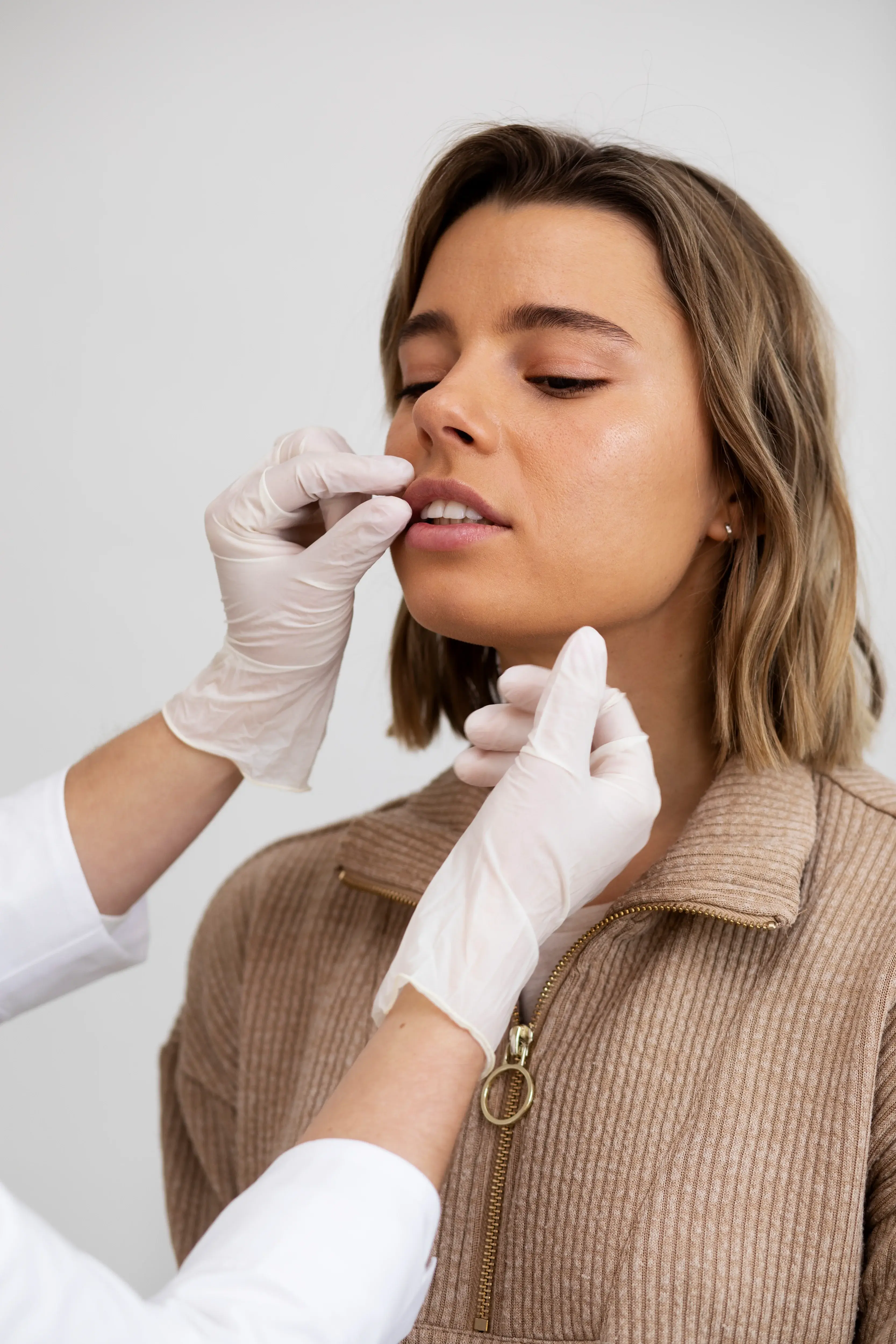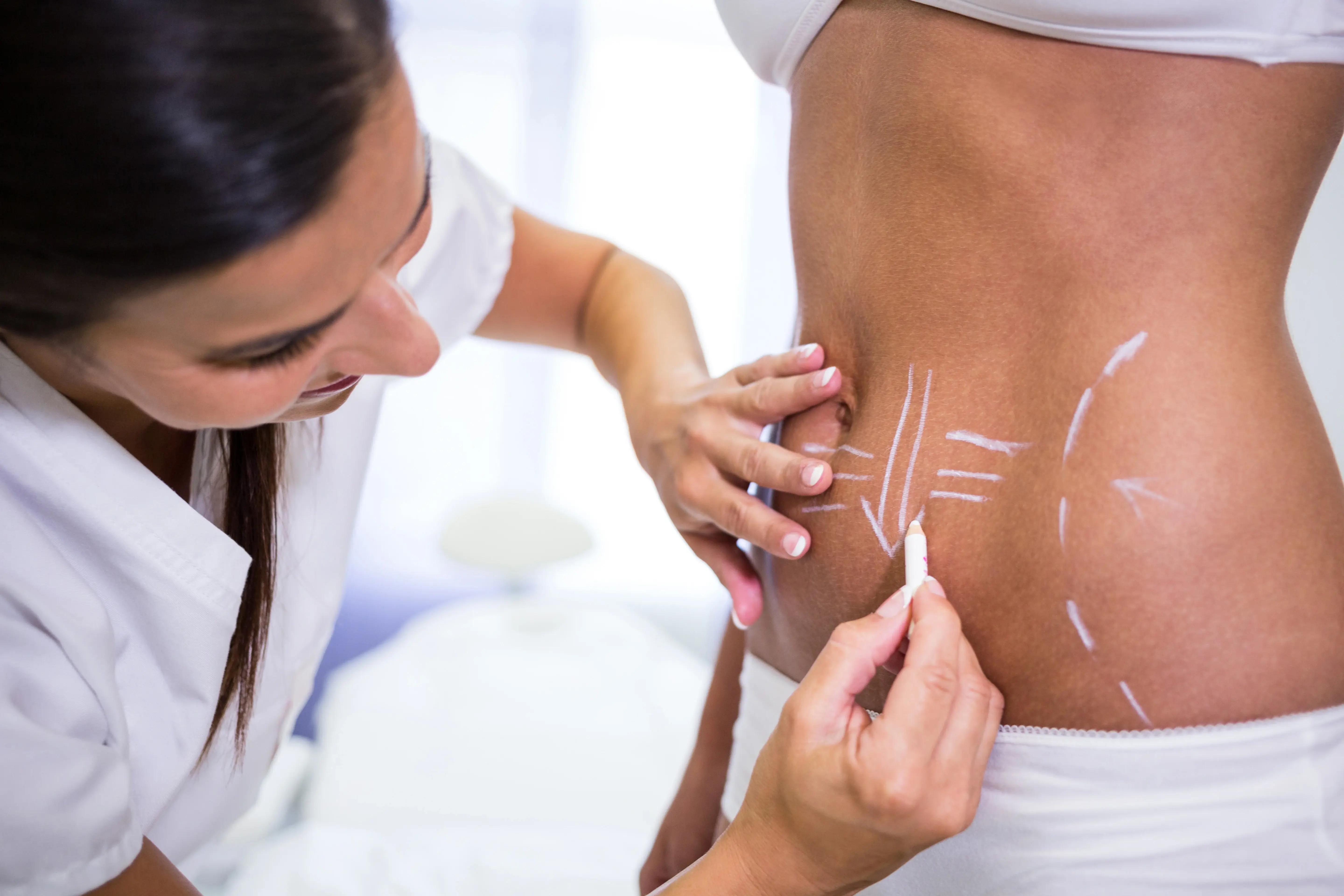Botox for TMJ Pain: How It Works, Benefits, and What to Expect
When persistent jaw tension, grinding, or facial pain keeps you on edge, exploring how Botox for TMJ pain can shift the balance from discomfort to calm makes sense. This isn’t about smoothing wrinkles or achieving cosmetic perfection—it’s about easing the strain your jaw muscles impose on your joints, your mood, and your daily life.
At Martin’s Rejuvenation Centre, we specialize in delivering advanced treatments with a focus on both appearance and function. Book a consultation to see how tailored care might relieve your jaw tension and restore a sense of ease.

What Is TMJ and Why Does It Cause Pain?
Understanding the Temporomandibular Joint (TMJ)
The temporomandibular joint (TMJ) sits just in front of your ear and acts as a hinge connecting the jawbone to your skull. It’s used when you open your mouth, chew, talk, or yawn. Because this joint works constantly—and in a complex motion—it can become stressed when the muscles that support it are overactive or imbalanced. When those muscles remain tense long-term, the joint surfaces can become irritated, and the jaw’s movement becomes restricted, causing pain.
Common Symptoms and Triggers of TMJ Disorders (TMD)
Symptoms can include jaw pain or tightness, clicking or popping when opening the mouth, headaches around the temples, ear discomfort, or neck and shoulder tension. Common triggers include chronic teeth grinding (bruxism), misalignment of the bite, poor posture, stress-related muscle tightening, or past jaw injuries. Recognizing this link between muscle tension and joint strain helps explain why targeted muscle-relaxing solutions like TMJ Botox can bring relief.
How Botox for TMJ Pain Works to Relieve Jaw Tension and Discomfort
The Science Behind Botox Injections
Botulinum toxin type A, known as Botox, works by blocking nerve signals that cause muscles to contract. By doing so, it allows overactive (tight) muscles—such as those surrounding the jaw—to relax and reduce strain on the joint.
Although this use is considered “off-label,” studies and clinical experience show that Botox can reduce pain intensity and frequency in many patients. The result is less clenching, fewer tension headaches, and more comfortable movement.
Muscles Targeted in TMJ Botox Treatments
The masseter (the large chewing muscle near the jawline) and temporalis (the fan-shaped muscle at the side of the head) are typically the focus of treatment. In some cases, the pterygoid muscles (square-shaped muscle on the lower jaw) may also be treated.
At Martin’s Rejuvenation Centre, precise injection placement ensures the muscles relax evenly—delivering functional relief without altering natural facial expression. Our injectors have advanced, specialized training in facial anatomy and injection techniques, allowing them to achieve consistently safe, natural-looking results. This balance of precision and artistry is what truly sets our care apart

Botox for TMJ Pain and Results: Before, After, and Expected Benefits
Pain and Tension Relief
Once the muscles relax, patients often notice reduced headaches, fewer episodes of jaw clenching, and less tightness in the lower face. Botox can also alleviate tension-related earaches and facial soreness.
For many, the relief is life-changing—helping restore comfort when eating, speaking, or simply resting the jaw. The improvement typically becomes noticeable within one to two weeks.
Improved Jaw Function and Facial Contouring
Relaxing the masseter muscles not only relieves pressure on the TMJ—it can also create a softer, more contoured appearance in the lower face. This subtle refinement is often an unexpected bonus for patients who choose therapeutic Botox for functional reasons.
At Martin’s Rejuvenation Centre, treatments are customized to achieve both comfort and a naturally balanced appearance.
Timeline and Duration of Results
Results from Botox for TMJ before and after comparisons show visible changes within two weeks, with optimal improvement around four to six weeks. The benefits generally last three to six months. With consistent treatment, muscle overactivity may reduce over time, allowing longer intervals between sessions.
What to Expect During a TMJ Botox Appointment at Martin’s Rejuvenation Centre
Consultation and Assessment Process
Your journey begins with a detailed assessment of your jaw function, muscle activity, and medical history. Our treatment specialists evaluate clenching patterns, examine tenderness, and discuss lifestyle factors that may contribute to tension. This personalized approach ensures that every treatment plan is safe, precise, and effective for your unique needs.
Injection Experience and Comfort Measures
Treatment sessions are quick—typically under 20 minutes—and performed using ultra-fine needles for minimal discomfort. Patients describe the feeling as a light pinch. There’s no downtime, so you can return to your daily activities immediately. Our experienced injectors prioritize safety and comfort at every step.
Post-Treatment Care and Recovery Tips
After treatment, patients should avoid rubbing or massaging the area for at least four hours and skip strenuous exercise for 24 hours. Mild soreness or swelling may occur briefly but fades quickly. We schedule follow-up appointments to monitor results and adjust future sessions for continued relief.

TMJ and Botox: Side Effects, Safety, and Who Should Avoid Treatment
Possible Short-Term Effects
Most patients experience only mild effects such as minor bruising, tenderness, or temporary fatigue when chewing. These typically resolve within a few days. Very rarely, slight muscle weakness or asymmetry may occur, but these effects are short-lived and fade as the Botox wears off.
When Botox Isn’t Recommended
Certain conditions make Botox unsuitable—such as pregnancy, breastfeeding, neuromuscular disorders, or infections near injection sites. Patients should discuss their full medical history during consultation to ensure treatment safety. At our clinic, every Botox treatment follows a thorough medical review to safeguard your well-being.
Importance of a Qualified Medical Injector
Because the TMJ region involves complex anatomy, accuracy is critical. Inexpert technique can lead to uneven results or unwanted side effects. Choosing a qualified provider, with advanced medical training and a deep understanding of facial anatomy, like the team at Martin’s Rejuvenation Centre, ensures that Botox for TMJ pain is administered with both precision and artistry for safe, balanced results..
Will Botox Help TMJ Long-Term? What the Research Says
Evidence on Effectiveness and Duration
Research indicates that Botox will help TMJ symptoms over time, depending on consistency and individual muscle response. Most patients experience meaningful relief for several months after treatment. Some find that with continued sessions, their muscles become less prone to clenching, extending the time between appointments. However, results vary—so realistic expectations and maintenance are key.
Combining Botox with Other TMJ Therapies
Botox can be even more effective at easing muscle tension and discomfort when complemented by other therapies—such as night guards or stress management techniques—recommended by your healthcare provider as part of a comprehensive care plan.
At Martin’s Rejuvenation Centre, we often pair Botox for TMJ with restorative or supportive therapies, ensuring patients receive holistic, long-lasting results. Our expertise across neuromodulators, lasers and other treatments allows us to tailor a plan that suits each individual’s aesthetic and therapeutic goals.
Is Botox for TMJ Right for You?
Ideal Candidates for TMJ Botox Treatment
Ideal candidates are those experiencing chronic jaw pain, tension headaches, or tightness from habitual clenching or grinding. Patients who have not found relief from dental guards or medication often respond well. Those seeking both therapeutic relief and gentle facial slimming may benefit most from this dual-function treatment.
How to Know If Your Symptoms Could Benefit
You may be a good candidate if you wake up with jaw stiffness, have difficulty chewing comfortably, have clicking, or feel soreness in your temples or along the jawline. A comprehensive consultation allows our medical team to determine whether your symptoms stem from muscular overuse and if TMJ Treatment with Botox will help restore balance and comfort.
Refresh Your Confidence with Expert Botox for TMJ Pain in Barrie at Martin’s Rejuvenation Centre
At Martin’s Rejuvenation Centre, we combine medical precision with compassionate care in Barrie to help patients feel and function at their best.
If jaw tension, headaches, or grinding are limiting your comfort, discover how Botox for TMJ pain can help you regain balance and confidence. Book your consultation today and experience the relief that comes from expert, patient-centred care.



